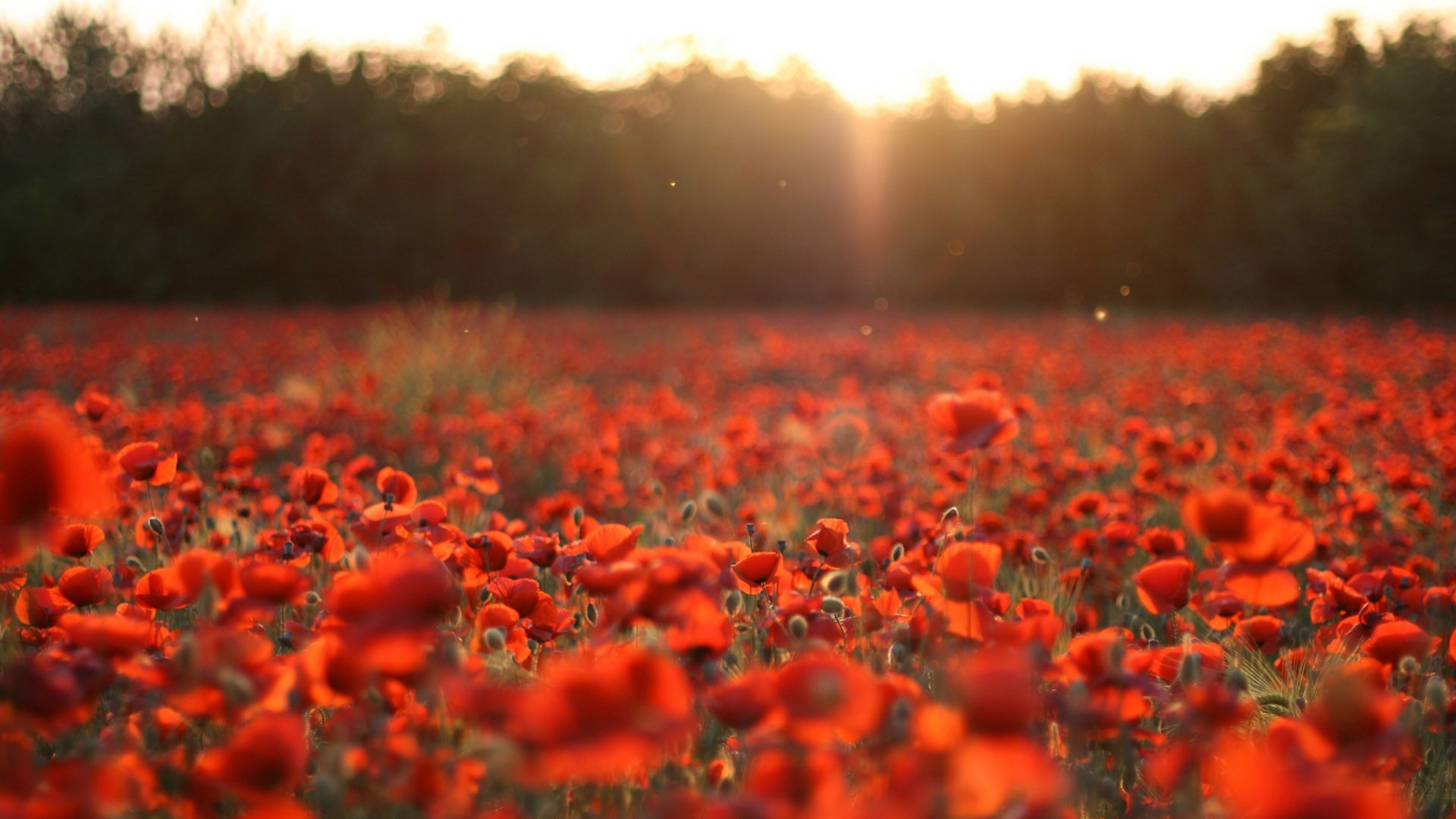Remembrance Day
Today is Remembrance Day.
Wherever you go in the week leading up to the 11th November you will find poppies being sold. That the red poppy became associated with Remembrance Day was due to a poem written by a Canadian soldier who was also a physician and poet, Lt-Col. John McCrae.
The poem was ‘In Flanders Fields’:
In Flanders fields the poppies blow
Between the crosses, row on row,
That mark our place; and in the sky
The larks, still bravely singing, fly
Scarce heard amid the guns below.
We are the Dead. Short days ago
We lived, felt dawn, saw sunset glow,
Loved and were loved, and now we lie
In Flanders fields.
Take up our quarrel with the foe:
To you from failing hands we throw
The torch; be yours to hold it high.
If ye break faith with us who die
We shall not sleep, though poppies grow
In Flanders fields.
McCrae died of pneumonia near the end of the war.
The person who was responsible for the idea of using poppies as a remembrance symbol was an American professor, Moina Belle Michael.
She’d been in Germany when the war had started, and travelled to Rome to return to America. While in Rome, she helped about 12,000 US tourists find passage back home.
Inspired by McCrae’s poem, she vowed to always wear a red poppy as a symbol of remembrance for those who had served in the war. After the war, while teaching a class of disabled servicemen at the University of Georgia, she came to realise that those servicemen needed, not only financial support, but also support to find work. She came up with a plan of selling silk poppies as a way to raise funds to help disabled veterans. Her efforts were so successful that, in 1921, the American Legion Auxiliary and the British Legion Appeal Fund (which would become The Royal British Legion) adopted the poppy as a symbol of remembrance. Poppies were worn for the first time at the 1921 anniversary ceremony and at every subsequent ceremony.


